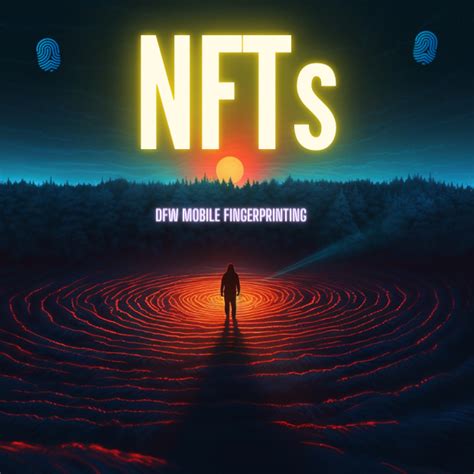The Future Of NFTs And Their Impact On Digital Assets
The Rise of Cryptocurrency: How Blockchain Technology is Revolutionizing the Digital Asset Market
Cryptocurrency, a digital or virtual currency that uses cryptography for security and is decentralized, has been gaining traction in recent years. Its impact on traditional financial systems and the overall digital asset market is significant. In this article, we’ll explore how cryptocurrency is transforming NFTs (Non-Fungible Tokens) and their role in shaping the future of digital assets.
What are Non-Fungible Tokens?
NFTs are unique digital assets that represent ownership of a specific item or piece of content. They are stored on a blockchain, which ensures their scarcity and authenticity. Unlike traditional cryptocurrencies like Bitcoin and Ethereum, NFTs do not have a fixed supply, making them highly valuable.
The Rise of Cryptocurrency in the Digital Asset Market

Cryptocurrencies have been around for several years, but they didn’t gain widespread acceptance until 2017. The launch of Bitcoin and other altcoins paved the way for the development of decentralized finance (DeFi) applications on blockchain platforms like Ethereum.
As DeFi applications grew in popularity, so did the demand for digital assets beyond cryptocurrencies. This led to an increase in interest from investors looking for alternative investment opportunities. NFTs emerged as a key player in this market, offering a unique combination of ownership and collectibility.
Cryptocurrency’s Impact on NFTs
The integration of cryptocurrency into the NFT market has been revolutionary. Here are some ways in which cryptocurrency is transforming the digital asset space:
- Increased Adoption: Cryptocurrencies have made it easier for people to buy, sell, and trade digital assets. This increased adoption rate has attracted more investors and collectors to the space.
- New Use Cases: Cryptocurrency has opened up new use cases for NFTs, such as decentralized marketplaces, gaming platforms, and social media applications.
- Decentralized Finance (DeFi): Cryptocurrencies have enabled DeFi applications on blockchain platforms like Ethereum, which offer a range of financial services, including lending, borrowing, and trading.
- Security and Authenticity: Cryptocurrency’s decentralized nature ensures the security and authenticity of NFTs, making them more valuable and desirable.
The Future of NFTs and Cryptocurrency
As the digital asset market continues to grow and evolve, we can expect to see significant advancements in cryptocurrency and NFT technology. Here are some predictions for the future:
- Increased Adoption: Cryptocurrencies will continue to gain traction as a means of payment and investment.
- New Use Cases: We’ll see more innovative use cases emerge, such as decentralized social media platforms and virtual real estate marketplaces.
- Regulatory Frameworks: Governments may establish regulatory frameworks for cryptocurrency and NFT markets to ensure fairness and transparency.
- Interoperability: Cryptocurrencies will continue to enable interoperability between different blockchain platforms, making it easier to trade and transfer digital assets.
Conclusion
Cryptocurrency has revolutionized the digital asset market by offering a decentralized, secure, and transparent way of buying, selling, and trading NFTs. As the market continues to grow and evolve, we can expect to see significant advancements in cryptocurrency technology. The future of NFTs and cryptocurrency is bright, with new use cases, innovative applications, and regulatory frameworks on the horizon.
Recommended Reading:
- “The State of Cryptocurrencies 2022” by Deloitte
- “NFT Market Report 2022” by Deloitte
- “Cryptocurrency and NFTs: The Future is Now” by Blockchain Magazine
Sources:
- Blockchain Magazine
- Deloitte
- CoinDesk
